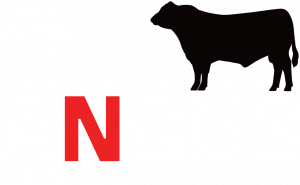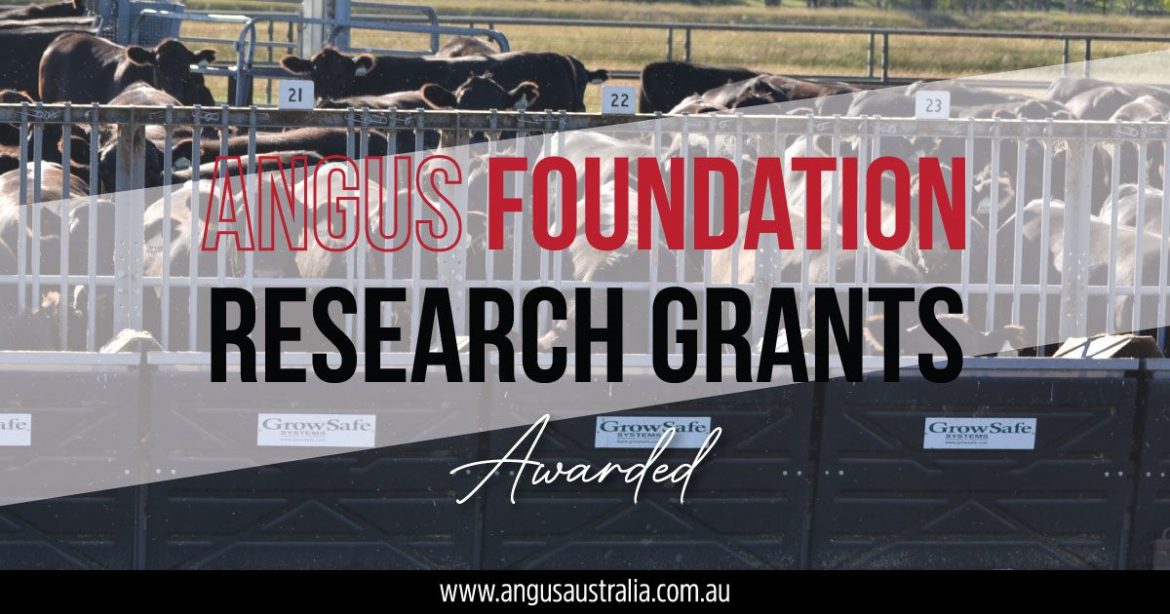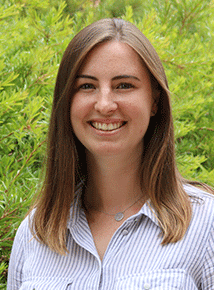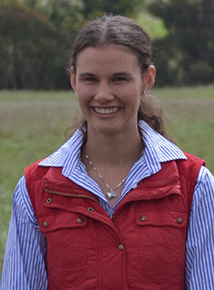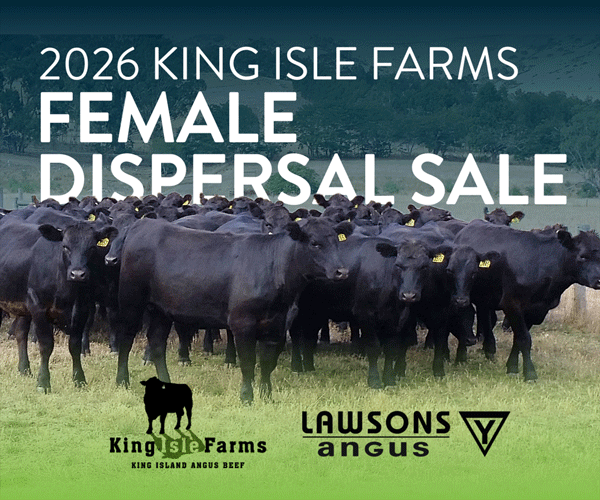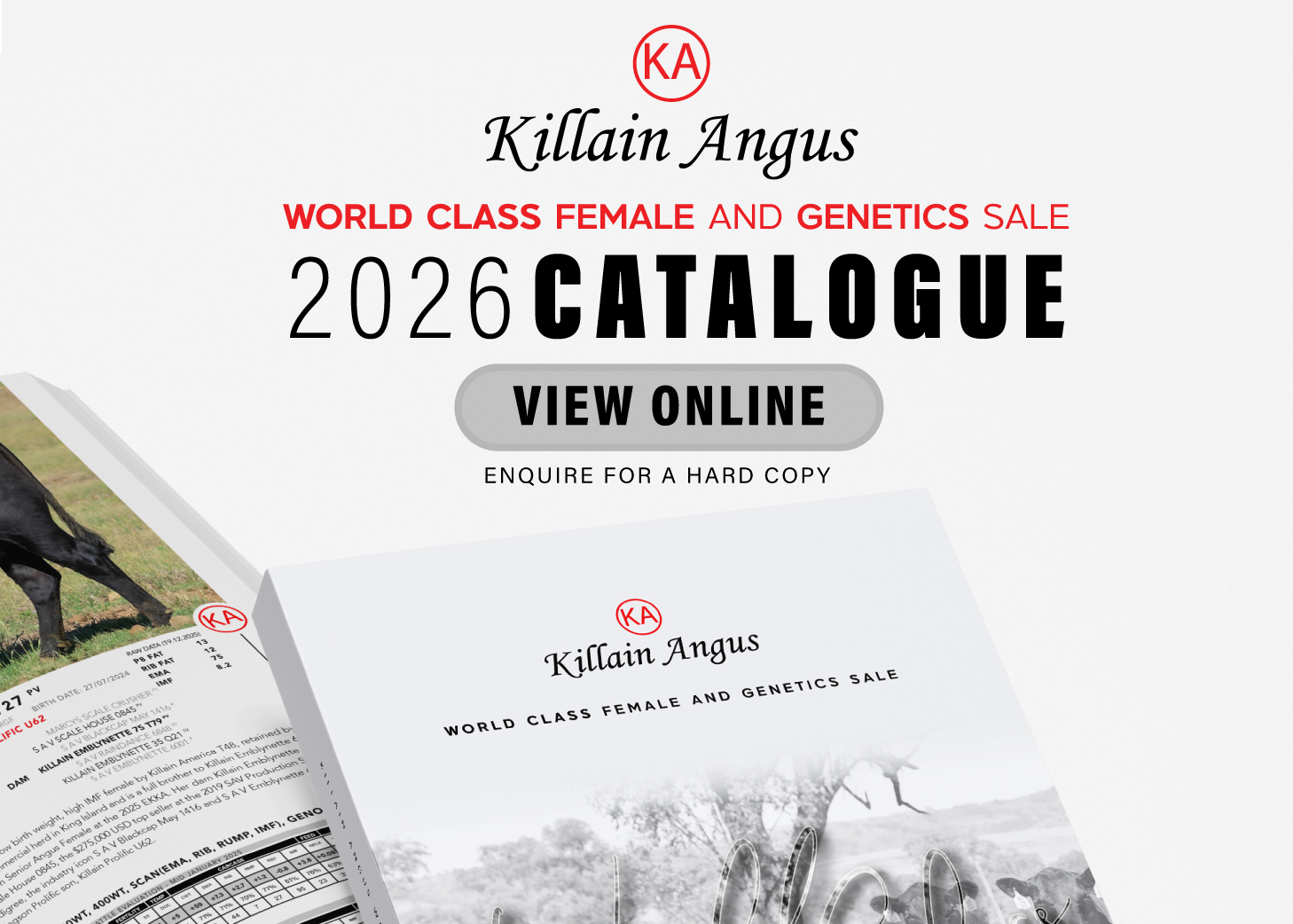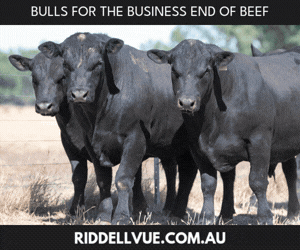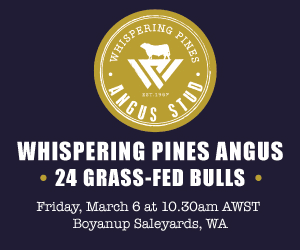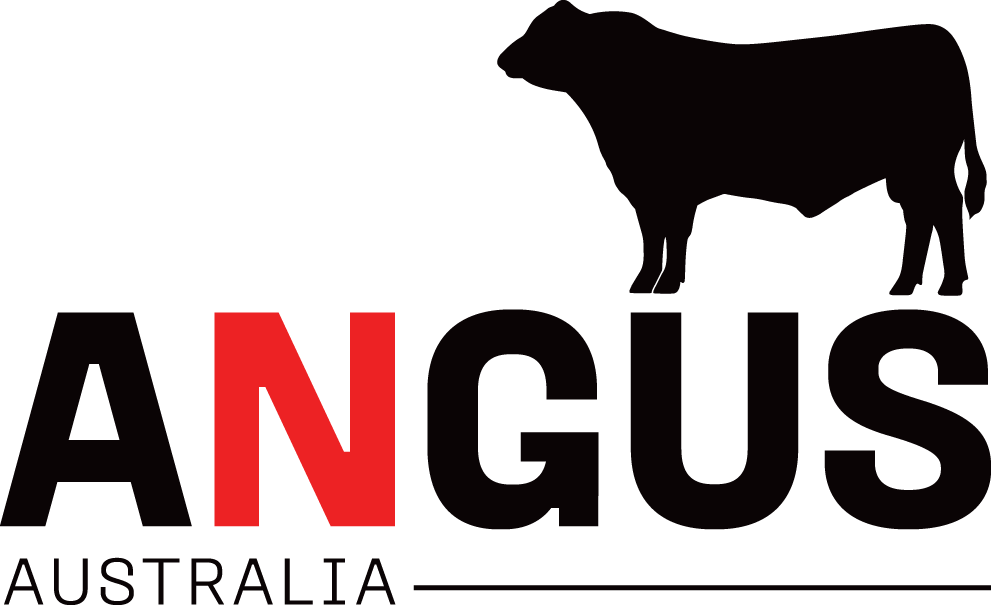The Angus Foundation is pleased to announce the recipients of the inaugural Angus Foundation Research Grant after a comprehensive selection process.
The Angus Foundation Research Grant is awarded to undergraduate and post-graduate students to enable them to undertake research that can be applied to the Australian beef industry and contribute to Angus Australia’s objective of enhancing the value of Angus cattle and beef. The Grant may be used to conduct a new project or to extract additional findings from an existing project that the individual or institution has already commenced.
Applications from seven undergraduate and phD students were received from Charles Sturt University, Royal Melbourne Institute of Technology, Central Queensland University, University of Adelaide, University of Newcastle and The University of New England.
Following successful shortlisting and a presentation to a selection committee the Angus Foundation congratulates the following researchers on being a recipient of the Research Grant which will go towards helping them with their nominated project.
Angus Australia will monitor the projects throughout the year and provide members an update on the research outcomes as they become available.
The Angus Foundation Research Grant will call for applications again in 2022.
